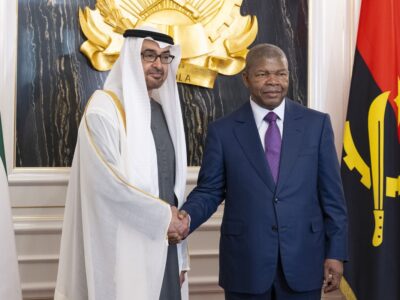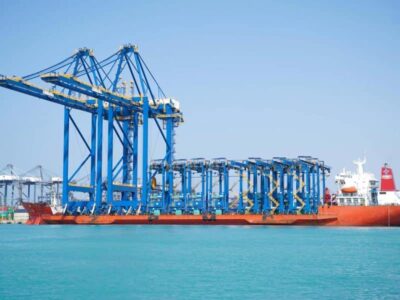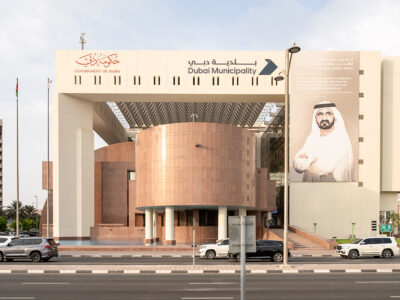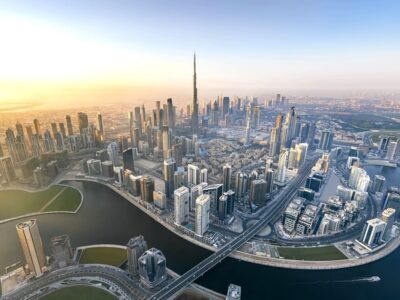Embattled former auto industry executive Carlos Ghosn has firmly rejected the possibility of entering Lebanese politics, despite calls from some quarters for him to consider a presidential run in the absence of a proper government.
His comments come on the heels of heightened tensions between Lebanon and Israel, with the country facing multiple crises.
Ghosn, who has been residing in Lebanon since his rapid escape from Japan in 2019, was unequivocal in his response to questions about a potential political career.
“No, I’ve been consistent in that for many years. Even before 2018. I’m not interested in a political career,” Ghosn stated.
The former Renault-Nissan-Mitsubishi alliance chairman’s comments come as Lebanon grapples with a complex set of challenges, including an ongoing economic crisis, political deadlock, and now, escalating violence on its southern border with Israel and in the southern suburbs of its capital Beirut.
Carlos Ghosn’s political perspective
Despite ruling out a direct role in politics, Ghosn expressed willingness to assist in Lebanon’s economic recovery.
“I’m ready to help any politician elected in charge help him to get the country out of the mess,” he said, drawing on his experience in corporate turnarounds.
Ghosn gained fame for turning around struggling companies, notably Nissan and Renault in the early 2000s. He implemented aggressive cost-cutting, restructuring, and innovative strategies to boost profitability. His leadership primarily focused on reviving brands, streamlining operations, and forging global partnerships, such as the historic Nissan-Renault-Mitsubishi alliance, ultimately transforming these automakers into competitive, profitable global companies.

His decision to stay out of politics comes at a critical juncture for Lebanon. The country has been without a president for over two years, exacerbating its political and economic instability. Former president Michel Aoun’s term ended on October 31, 2022. Since then, the country has struggled to elect a new president due to political deadlock among various factions, leaving the struggling country without a president.
The recent escalation of violence with Israel has further complicated the nation’s path to recovery.
When asked about the current situation, Ghosn expressed deep concern.
“I’m just very sad to see so much misery, such victims, and so much wasted talent and gifts,” he said, lamenting the impact of the ongoing conflict on the region.
Escalating regional tensions
The escalating tensions between Israel and Lebanon have raised fears of a wider regional conflict. The situation has been particularly volatile since October 7 last year when Hamas, a group with ties to Hezbollah in Lebanon, launched attacks on Israel. The subsequent Israeli military response has led to increased cross-border exchanges with Hezbollah in southern Lebanon, and most recently, a massive escalation in violence causing large-scale evacuations.
There are currently more than 600,000 internally displaced persons in Lebanon according to the United Nations, in what the organisation’s coordinator for Lebanon, Imran Riza, has called “one of the deadliest periods” for the country.
Despite Ghosn’s reluctance to enter politics, he offered his perspective on what Lebanon needs to recover from its multiple crises. He advocated for establishing a “minimum state” focused on security, law, and sovereignty, followed by efforts to drive economic recovery.
“I think the country can be a very rich country, a very developed country. It doesn’t need any outside help,” Ghosn said.

He highlighted the potential role of the Lebanese diaspora, noting that there are more Lebanese outside the country than within its borders.
“If these people can recover trust, if they can recover trust, I am sure that reinvest in their mother, their mother country, you don’t need more than to put the country back to work,” he stated.
Ghosn’s comments on Lebanon’s potential for self-reliant recovery come at a time when the country is grappling with one of the world’s worst economic crises since the mid-19th century, according to the World Bank. The Lebanese pound has lost more than 98 per cent of its value since 2019, pushing much of the population into poverty.
The former auto executive’s decision to stay out of politics also reflects the complex nature of Lebanon’s political landscape. The country’s confessional political system, which allocates political and institutional power based on religious communities, has been repeatedly criticised for perpetuating sectarian divisions and hindering effective governance.









